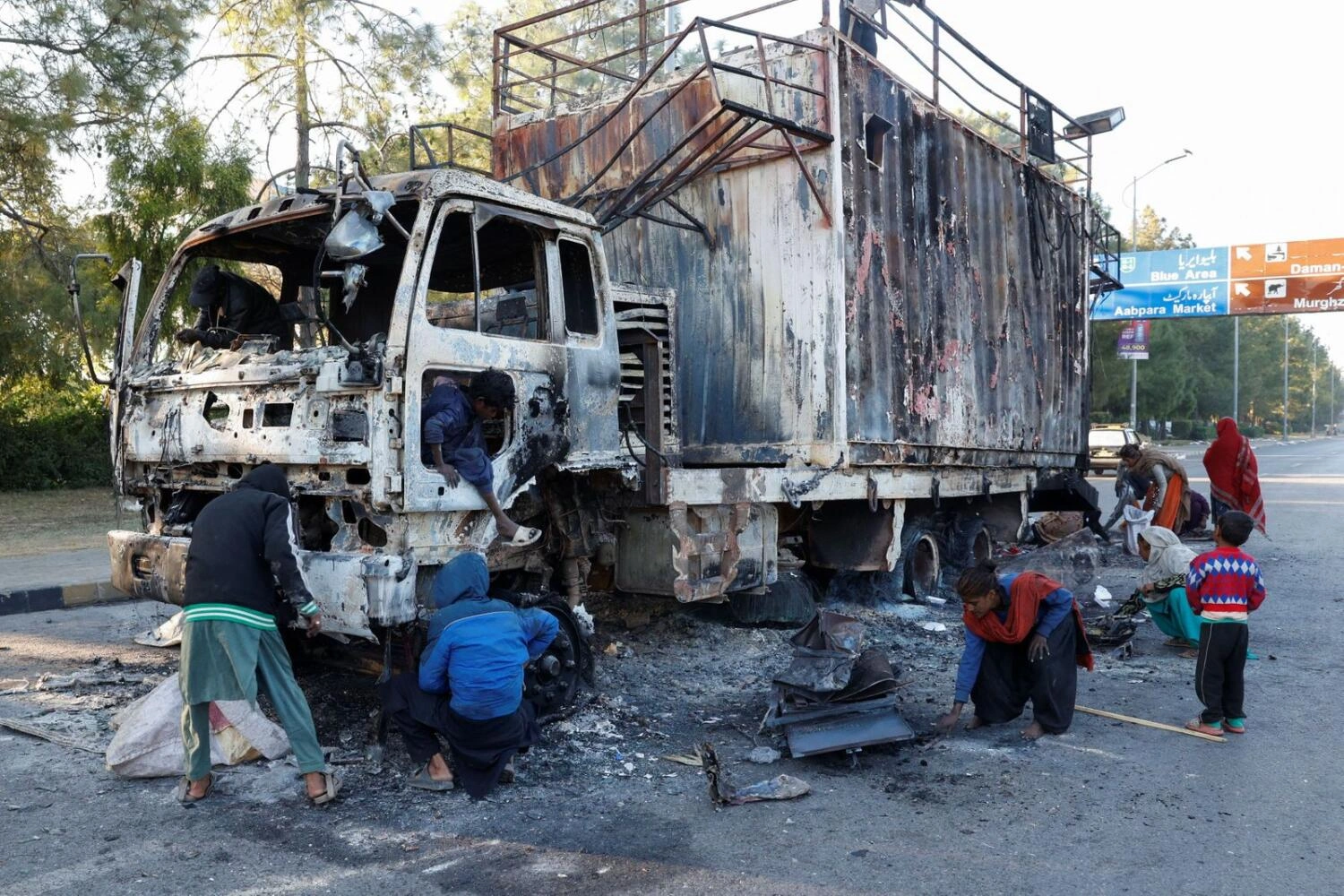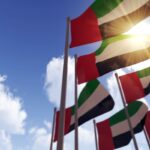Pakistan police reported on Wednesday that they had arrested close to 1,000 protesters demanding the release of former Prime Minister Imran Khan. The arrests followed a large-scale security operation that removed demonstrators from the capital’s center.
Since the February elections, Khan’s Pakistan Tehreek-e-Insaf (PTI) party has consistently held rallies, but Tuesday’s protest marked the largest since the polls. The protesters aimed to occupy areas near the parliament and the prime minister’s residence.
Protest Details
Over the weekend, more than 10,000 protesters defied restrictions on public gatherings and clashed with 20,000 security personnel deployed to control the situation. The government reported casualties, including the death of one police officer on Monday and four paramilitary personnel who were run over by protesters in a vehicle on Tuesday.
Overnight confrontations saw security forces use tear gas and rubber bullets against protesters wielding sticks and slingshots. Protesters set roadblocks ablaze, but by early Wednesday, AFP journalists reported that the main road to Islamabad’s government district had been cleared, with riot police withdrawing from the area.
Arrests and Government Response
Inspector General of Islamabad Police Ali Nasir Rizvi confirmed that 954 protesters were arrested between Sunday and Tuesday. “610 arrests were made on Tuesday alone,” he stated. Interior Minister Mohsin Naqvi praised the security forces for their efforts, saying they “bravely repulsed the protesters.”
From his prison cell, Imran Khan urged his supporters to remain peaceful and united through a social media statement. However, Prime Minister Shehbaz Sharif condemned the protests, calling them an act of “extremism.” His government held press briefings throughout the protests, warning of strict measures against demonstrators.
Calls for Dialogue
The protests, while forcing PTI to retreat, have fueled public anger against the government’s heavy-handed tactics. Critics have urged political leaders to engage in dialogue to avoid further unrest. The Human Rights Commission of Pakistan called on Khan and Sharif to “immediately start meaningful political discussions” to find a peaceful resolution.
Michael Kugelman, director of the South Asia Institute at The Wilson Center, remarked on social media that “Pakistan’s protests had no winners,” highlighting the worsening tensions.
Background
Imran Khan, 72, a former cricket star and PTI’s central figure, served as Prime Minister from 2018 to 2022. His absence during the protests left his wife, Bushra Bibi, to partially lead the demonstrations. She was previously jailed but released last month.
Sharif’s administration has faced criticism for harsh measures, including internet blackouts, school closures, and roadblocks that disrupted daily life in the city of 240 million people.
With the situation escalating, both sides face mounting pressure to prevent further disruptions and find a peaceful solution to Pakistan’s ongoing political crisis.





